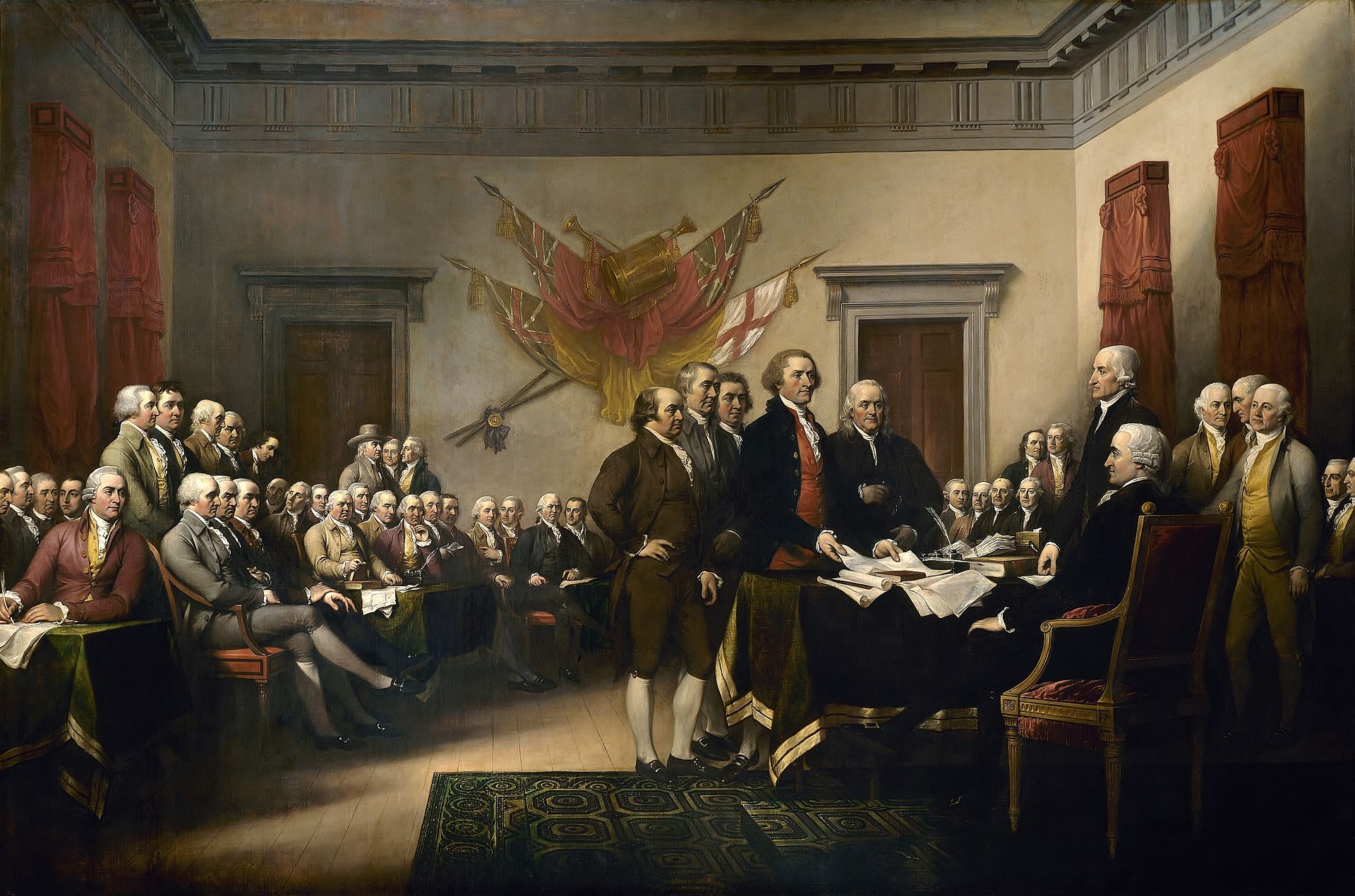Late Modern Period 1750-1899
The Scientific Revolution changed humanity's understanding of the world and led to the Industrial Revolution, a major transformation of the world's economies. The Scientific Revolution in the 17th century had made little immediate impact on industrial technology; only in the second half of the 18th century did scientific advances begin to be applied significantly to practical invention. The Industrial Revolution began in Great Britain and used new modes of production — the factory, mass production, and mechanisation — to manufacture a wide array of goods faster and using less labour than previously. The Age of Enlightenment also led to the beginnings of modern democracy in the late-18th century American and French Revolutions. Democracy and republicanism would grow to have a profound effect on world events and on quality of life.

After Europeans had achieved influence and control over the Americas, the imperial activities turned to the lands of the Asia and Oceana. In the 19th century the European states had social and technological advantage over Eastern lands. Britain gained control of the Indian subcontinent, Egypt and the Malay Peninsula; the French took Indochina; while the Dutch cemented their control over the Dutch East Indies. The British also colonized Australia, New Zealand and South Africa with large numbers of British colonists emigrating to these colonies. Russia colonised large pre-agricultural areas of Siberia. In the late 19th century, the European powers divided the remaining areas of Africa. Within Europe, economic and military challenges created a system of nation states, and ethno-linguistic groupings began to identify themselves as distinctive nations with aspirations for cultural and political autonomy. This nationalism would become important to peoples across the world in the 20th century.
During the Second Industrial Revolution, the world economy became reliant on coal as a fuel, as new methods of transport, such as railways and steamships, effectively shrank the world. Meanwhile, industrial pollution and environmental damage, present since the discovery of fire and the beginning of civilization, accelerated drastically.
The advantages that Europe had developed by the mid-18th century were two: an entrepreneurial culture, and the wealth generated by the Atlantic trade (including the African slave trade). By the late 16th century, silver from the Americas accounted for the Spanish empire's wealth. The profits of the slave trade and of West Indian plantations amounted to 5% of the British economy at the time of the Industrial Revolution. While some historians conclude that, in 1750, labour productivity in the most developed regions of China was still on a par with that of Europe's Atlantic economy (see the NBER Publications by Carol H. Shiue and Wolfgang Keller), other historians like Angus Maddison hold that the per-capita productivity of western Europe had by the late Middle Ages surpassed that of all other regions.
HISTORY

RESOURCES
This article uses material from the Wikipedia article History of the World", which is released under the Creative Commons Attribution-Share-Alike License 3.0.
© Stories Preschool. All Rights Reserved.






